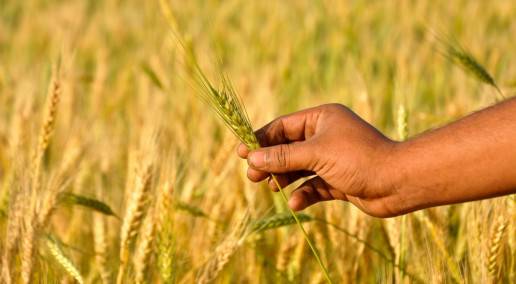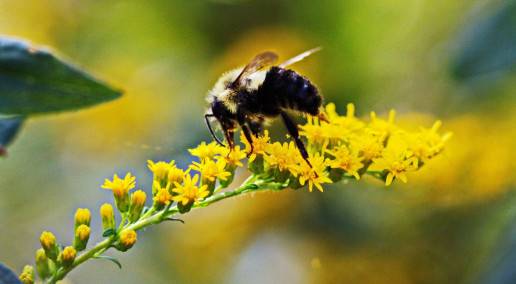During this session David McInnes presentation examines communicating sustainability of the Canadian agriculture production system to the general public, and roles, responsibilities and opportunities for the Canadian forage and grassland sector.
David is the principal of DMci Strategies and a strategic advisor, speaker and facilitator on change and opportunity facing the Canadian and global food system. He has initiated and is currently leading a private-public coalition of some 50 partners to develop Canada’s first agri-food sustainability index. He is a member of the Agricultural Research Institute of Ontario (ARIO), a governance committee member of the Canadian Agri-Food Sustainability Initiative (CASI), an Arrell Food Fellow with the Arrell Food Institute at the University of Guelph and an affiliate of McGill University’s Institute for Global Food Security and a global advisor for Nova Scotia Business Inc. He has also been a Senior Fellow of Canada 2020 (an Ottawa-based think tank) and a contributing editor of The Economist Intelligence Unit.
Canada can be regarded as the most trusted and sustainable food system, but we need to demonstrate this, build leadership and keep improving. This also can create value and meet global targets via an informed policy. This is a multi-phase process. We need to frame the index and outline the initial principles, identify how to align and advise and identify the right metrics and how to collect info. Next will be a pilot for this to be tried.
Farms need to get proof of sustainability to operate and compete globally. The task is to get the right metric, process, and outcomes.
Why do this?
Global agri-food is not seen as sustainable, healthy, or inclusive. There are four changes that are key to change this:
1) Trade needs to be regulated by sustainability criteria
2) Competition is based on sustainability
3) Implement benchmarking performance
4) Implement new Environmental, Social, and Governance (ESG) materiality assessment and disclosures
There will be increased opportunities for Canada if we move forward addressing these changes. We can compare with other countries highlighting new sustainable specialties. Market signals with environmental targeting have increased substantially. Sustainable sourcing is the number one target. Supply chains of food produce 89 per cent of all GHG emissions. This is an opportunity to partner for biodiversity.
Hyperlinks:
https://www.canadianfga.ca/staff/david-mcinnes-15/
Back to Conference 2021



Leave a Comment